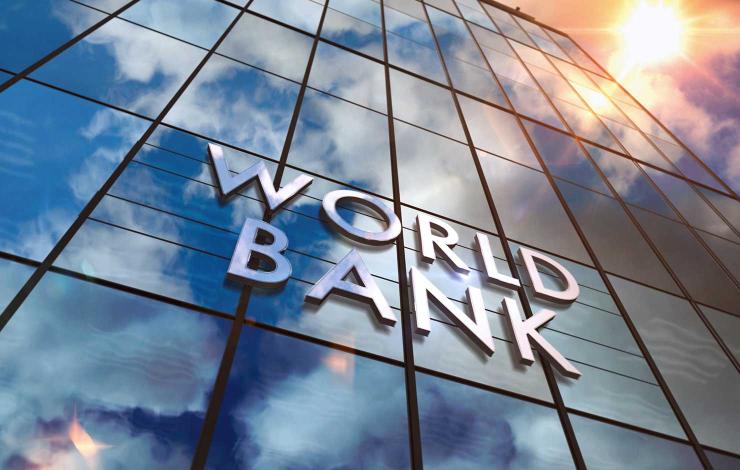"The Rule of Law Index provides guidance in an objective manner, as a universal standard for self-evaluation and assessment, and as a compass for steering our nations forward, in demand for social, political, and economic justice and advancement." -- Honorable Justice Hassan Bubacar Jallow
The WJP Rule of Law Index relies on over 100,000 household and expert surveys to measure how the rule of law is experienced in everyday life around the world. In advance of the launch of the WJP Rule of Law Index 2014, we asked leading global voices to share their thoughts on the importance of the rule of law and the World Justice Project's efforts to measure it.
Here's what UNICTR Justice Hassan Bubacar Jallow has to say about #WJPIndex.
About Justice Jallow
Justice Hassan Bubacar Jallow, a Gambian, is the Prosecutor of the U.N. International Criminal Tribunal for Rwanda IUNICTR). He was first appointed to the post by the U.N. Security Council in 2003 and has been extended subsequently to 31st December 2014. Justice Jallow was also appointed by the U.N. Security Council on 1st March 2012 as the first Prosecutor of the International Residual Mechanism for Criminal Tribunals for a term of four years. He holds both positions concurrently.
Justice Jallow is the recipient of the honor of Commander of the National Order of the Republic of The Gambia and serves as an Honorary Chair of the World Justice Project.



